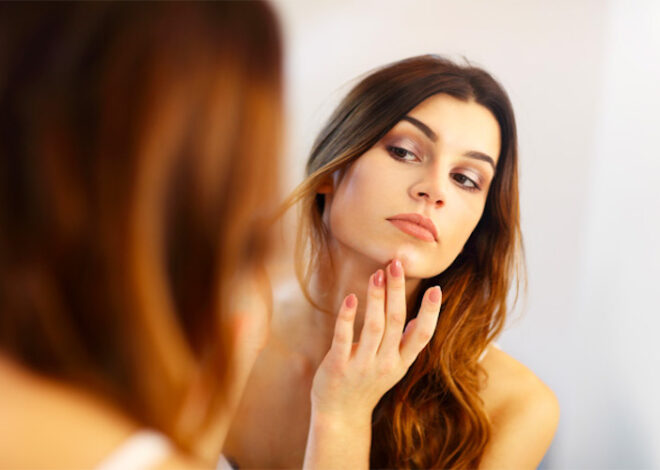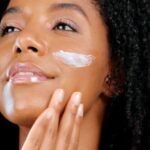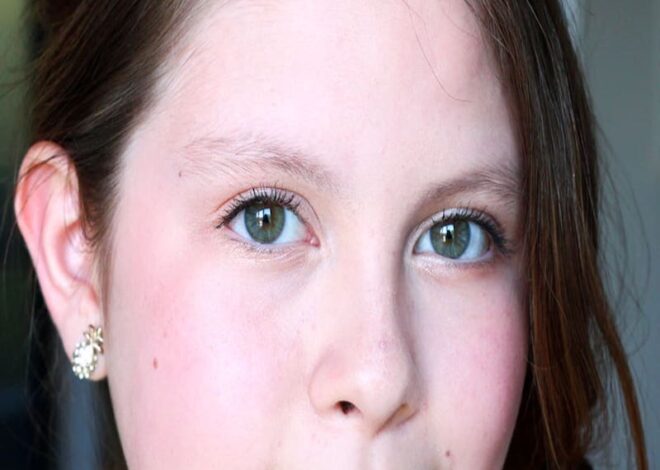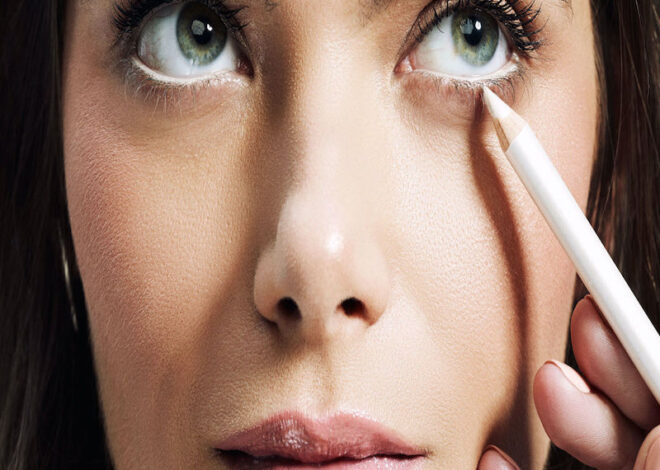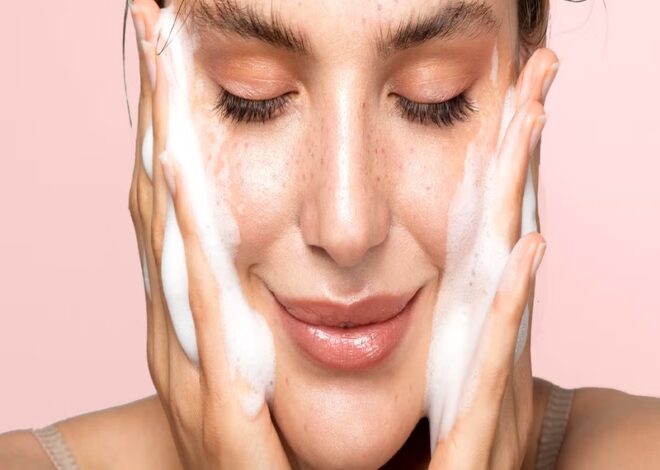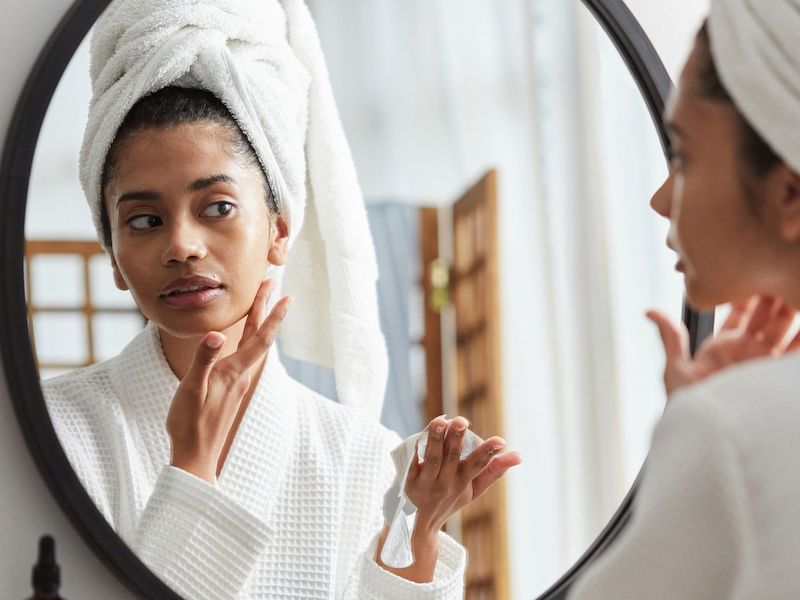
Revealing the correct evening skincare routine for beautiful skin
An evening skincare routine helps remove dirt left over from the day and replenishes skin’s moisture. It can also help treat dry skin, acne, hyperpigmentation, or wrinkles while you sleep. Going to bed with clean skin also allows the skin to repair itself as new skin cells work hard to repair skin damage. Here’s how you can customize your nighttime skincare routine.
Step 1: Facial cleanser
This is an important step in the skincare routine. Especially skincare at night, when the skin is exposed to dirt and excess oil throughout the day. Choosing a facial cleanser that suits your skin type is very important.

Here are some specific notes:
- Oily and acne-prone skin: You should choose oil-free makeup remover or micellar makeup remover to remove dirt and excess oil. In addition, the product also avoids clogging pores, preventing blackheads and acne.
- Sensitive and dry skin: Use a gentle cleanser or creamy makeup remover, especially in the evening. Washing your face twice helps remove dirt and makeup effectively. At the same time, facial cleansers also provide moisture to the skin to keep it from becoming dry and irritated.
Proper facial cleansing not only helps remove dirt and excess oil but also helps prepare the skin for the next skincare steps. Remember to choose products suitable for your skin type and do this routine regularly at night for clean and healthy skin.
Step 2: Rosewater
This step is not required but brings many benefits to your evening skincare routine. Using rose water after washing your face can help moisturize dry skin or remove dirt left behind after cleansing.
In particular, exfoliating rose water can also be used once or twice a week to remove dead cells and help clear pores.
Here are some notes when using rose water suitable for each skin type:
- Dry skin: Use rose water containing hyaluronic acid or rose extract at night to provide moisture to the skin.
- Oily skin: Choose rose water containing salicylic acid or witch hazel extract. The product helps control the amount of oil secreted at night.
- Combination, normal, and oily skin: You can also use an exfoliating toner containing alpha hydroxy acids (AHAs) such as glycolic acid or salicylic acid. Substances help remove dead cells and improve skin texture.
Step 3: Evening skincare routine – Treat acne
Step 3 focuses on treating acne and reducing dark spots at night. You can continue to use acne products like benzoyl peroxide or salicylic acid to reduce acne. Besides, hydroquinone or kojic acid can also be used to reduce hyperpigmentation and fade dark spots.

Here are some notes to remember when using acne treatment products suitable for each skin type:
- Sensitive or dry skin: Avoid applying additional serum or retinol to skin areas that have used acne products to avoid irritation. Instead, you should use these products in the morning to reduce the risk of irritation.
- Oily skin: For oily skin, you can use a hydrocolloid patch at night to help treat acne while you sleep. This helps absorb oil and mucus from the pimple, reduces bacteria, and helps the pimple heal quickly.
Step 4: Serum or full-face acne treatment product
Night serum or full-face acne treatment product is the step depending on your current skin condition. Even so, adding them to your skincare routine can help with acne and wrinkles.
You need to make sure you only choose one product to avoid irritating your skin with too many active ingredients. Some serums also have a chemical exfoliating effect, removing dead cells that dull skin and clog pores.
Notes on skin type:
- Dry skin: Try using a moisturizing serum with hyaluronic acid, vitamin E, peptides, or ceramides.
- Dry and oily skin: AHAs such as glycolic acid and lactic acid can be used to moisturize, exfoliate, and smooth wrinkles. These AHA serums also help treat blackheads and acne.
- Acne skin: Salicylic acid or azelaic acid serum also helps unclog pores and reduce inflammation.
Step 5: Retinol
Retinoids and retinol (a type of retinoid) are derivatives of vitamin A that help treat acne and wrinkles. These ingredients stimulate cell turnover and promote collagen production, helping to improve overall skin texture and prevent pore clogging.
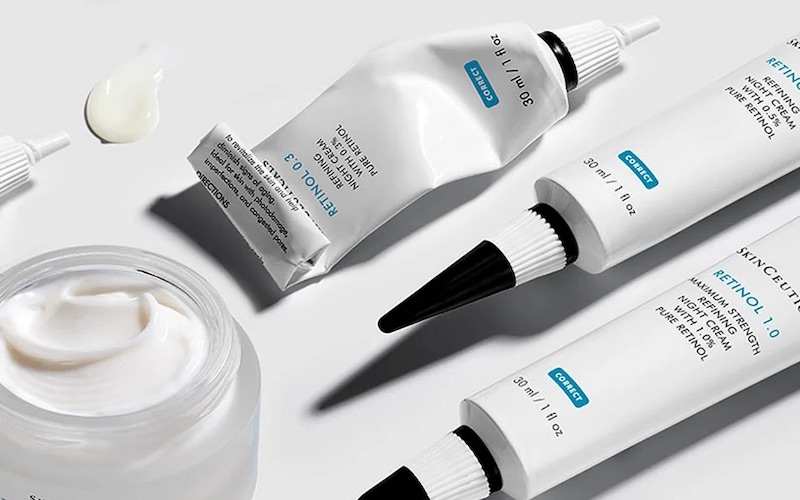
Retinol and other retinoid products are often sensitive to the sun. Therefore, you should use it at night. If you’re new to using retinol, it can irritate, so apply a small amount every other night.
Notes on skin type:
- If you have sensitive skin or just want to treat mild acne, wrinkles or hyperpigmentation, look for over-the-counter (OTC) retinol, retinyl palmitate, and retinaldehyde.
- For more severe acne and anti-aging benefits, you will need to contact your dermatologist to get a prescription for a retinoid product such as Differin (adapalene), Retin-A (tretinoin), Aklief (tazarotene) and Tazorac ( tazarotene).
Step 6: Evening skincare routine – Eye cream
Applying a night eye cream to your delicate under-eye area can help add moisture to restore skin and reduce wrinkles. This is an optional step at night but is ideal in an anti-aging skincare routine for all skin types.
Notes on skin type:
- When choosing a night eye cream, you need to prioritize looking for restorative or moisturizing ingredients like retinol, niacinamide, or hyaluronic acid.
- These ingredients are suitable for all skin types, but retinol can irritate if you have sensitive skin.
Step 7: Moisturizer or night cream
You can moisturize your skin at night with your regular moisturizer or apply a thicker night cream. Night cream helps restore skin at night and is thicker than your daily moisturizer. Either way, moisturizing your skin at night is essential to help your skin regain moisture lost during the day.
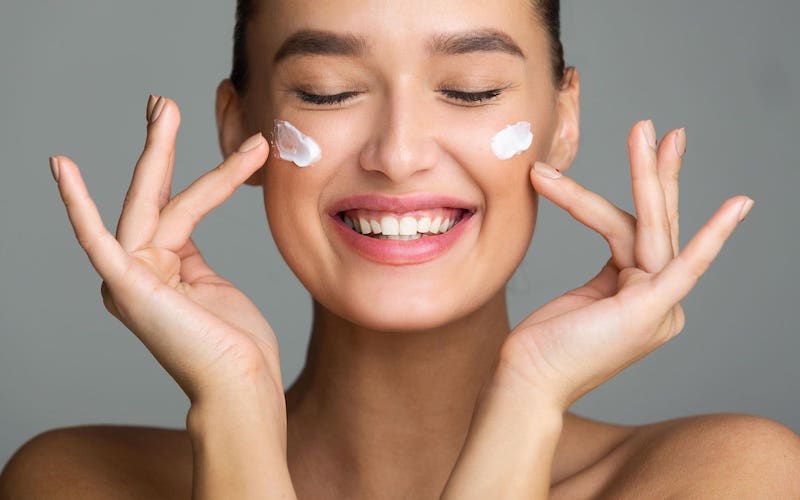
Notes on skin type:
- Night cream with hyaluronic acid and glycerin adds moisture at night.
- If you have oily or combination skin, look for night creams that are non-greasy and non-comedogenic.
- Night creams may also contain AHAs and retinol to help stimulate cell turnover, reduce wrinkles, and even skin tone while you sleep.
Step 8: Evening skincare routine – Facial oil
Facial oils are an optional nightcare step that can add moisture and hydration to the skin. After moisturizing, gently massage a few drops of facial oil onto your face and neck.
Notes on skin type:
- Facial oils containing fatty acids such as argan oil or coconut oil are ideal for people with dry skin that needs more moisture.
- Chamomile and rosehip oils can help soothe sensitive skin.
- You can still use facial oils on oily skin, but choose a lighter oil like jojoba oil or grapeseed oil. These facial oils can help regulate oil levels without clogging pores.
Conclusion
Thus, investing time and effort into an evening skincare routine is a smart investment for long-term beauty. Instead of only taking care of your skin during special events, make skin care a daily habit. With consistency and consistency, you will see a noticeable change in your skin, becoming smoother, more radiant and healthier. Remember, an effective evening skincare routine is the key to achieving the beautiful skin of your dreams.







